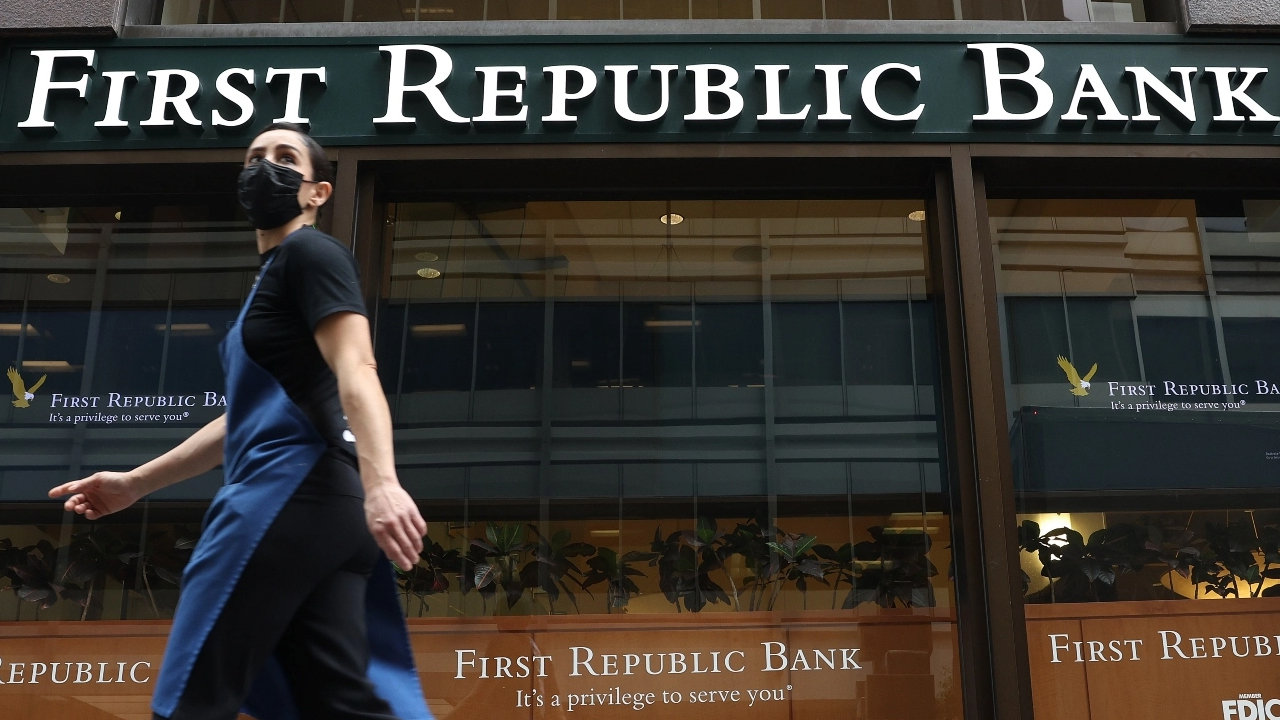
According to multiple reports, First Republic Bank is facing significant financial difficulties and could be taken over by the Federal Deposit Insurance Corporation (FDIC) if private sector banks do not intervene. The FDIC has reportedly approached several large commercial banks regarding purchasing First Republic after the bank’s stocks dropped more than 50% on Friday.
FDIC Considers Taking Over First Republic Bank as Financial Troubles Deepen, Urges Private Sector to Step In
First Republic Bank’s shares were halted multiple times on the New York Stock Exchange this week, with the stock slipping 50% lower on Friday to an intraday low of $2.98 per share. By the end of the Friday trading session, it had fallen over 43% to $3.51 per share. According to sources cited by CNBC, “the most likely outcome for the troubled bank is for the Federal Deposit Insurance Corporation to take it into receivership.”
However, the bank is still hoping for an alternative solution to a government takeover. The FDIC is reportedly seeking larger banks to step in and assist the troubled lender, with JPMorgan Chase and PNC Bank said to be interested in bidding on First Republic Bank after the FDIC takeover. Both banks have already provided $30 billion to prop up First Republic following the collapse of three major U.S. banks in March.
First Republic Bank held a significant amount of uninsured deposits and offered low-interest mortgages to clients. However, following a considerable hike in rates by the Fed over the past year, those mortgages are not generating revenue. Last week, the bank revealed that $100 billion in uninsured deposits had been removed from its coffers. Like Silicon Valley Bank and Signature Bank, First Republic did not prepare for the rising interest rates and relied heavily on uninsured deposits from high-net-worth individuals and their businesses.
What do you think about the FDIC potentially taking over First Republic Bank after seizing two major banks last month? Let us know what you think about this subject in the comments section below.
Image Credits: Shutterstock, Pixabay, Wiki Commons
Disclaimer: This article is for informational purposes only. It is not a direct offer or solicitation of an offer to buy or sell, or a recommendation or endorsement of any products, services, or companies. Bitcoin.com does not provide investment, tax, legal, or accounting advice. Neither the company nor the author is responsible, directly or indirectly, for any damage or loss caused or alleged to be caused by or in connection with the use of or reliance on any content, goods or services mentioned in this article.










